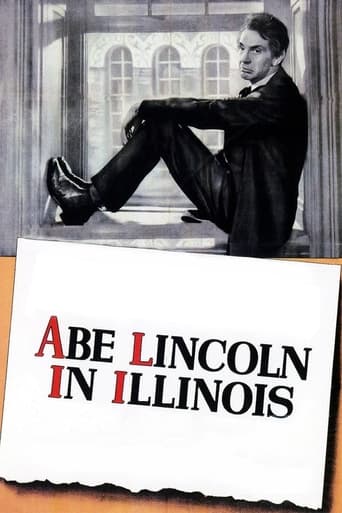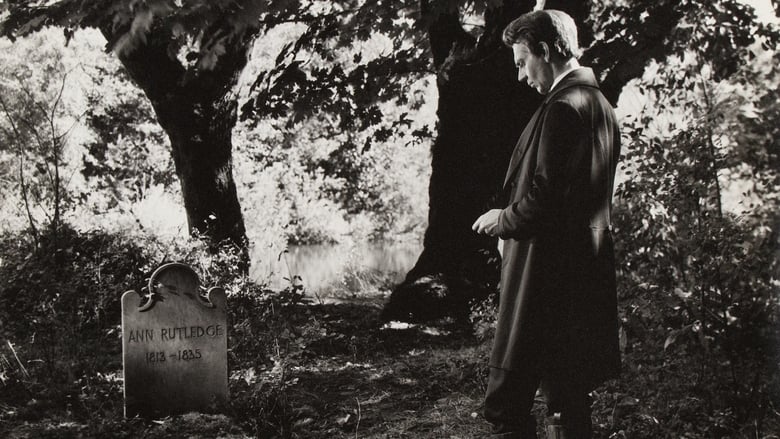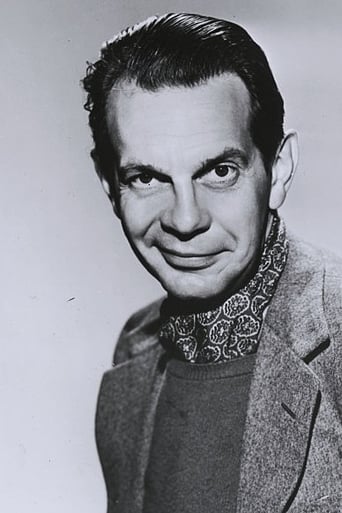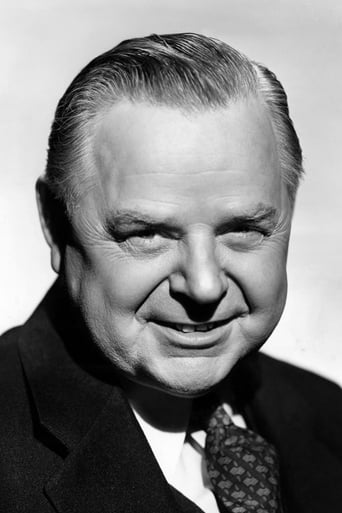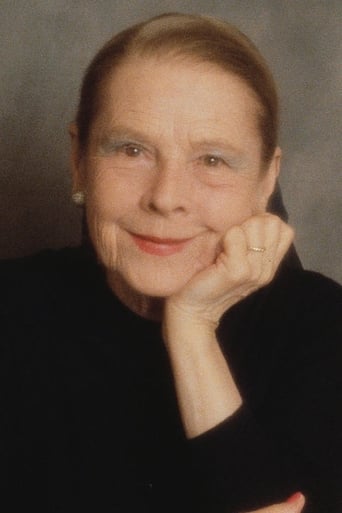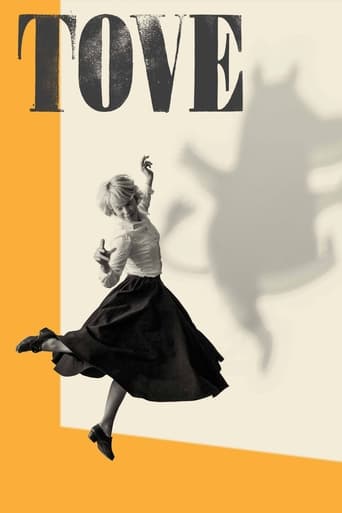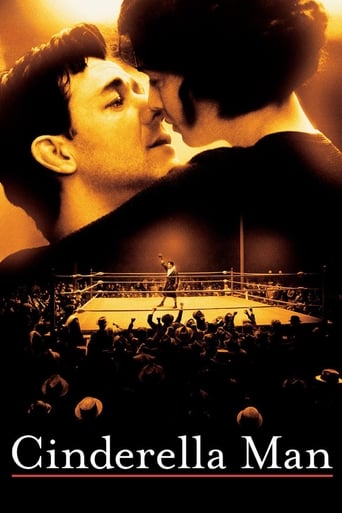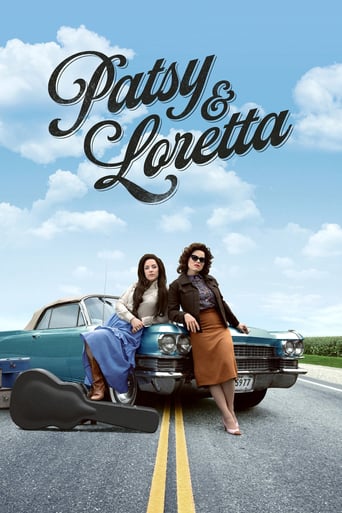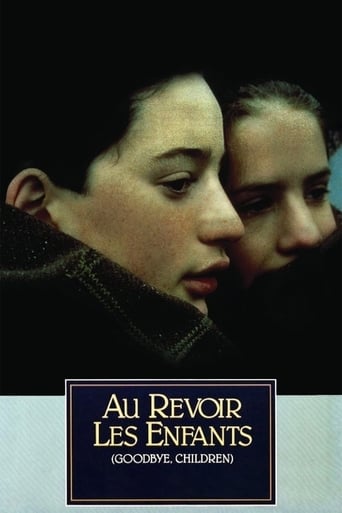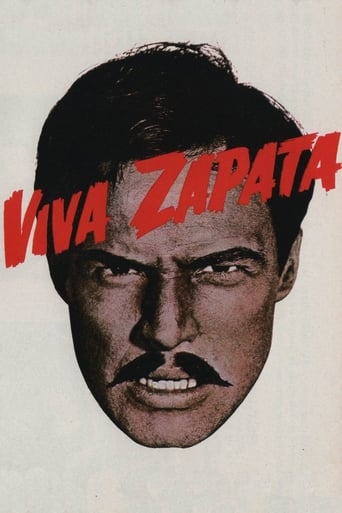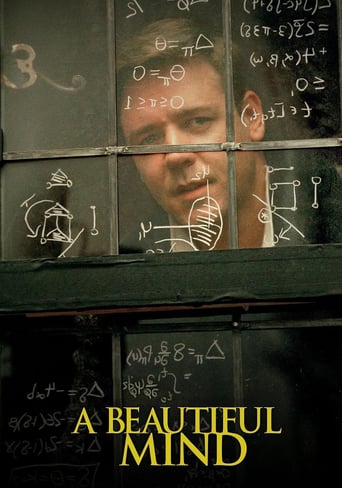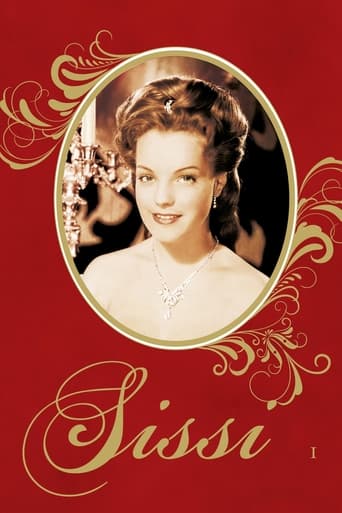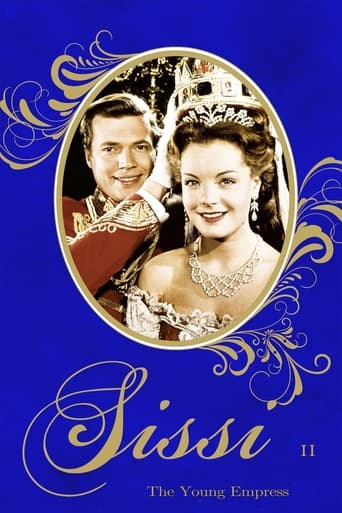Abe Lincoln in Illinois (1940)
Abe Lincoln in Illinois is a 1940 biographical film which tells the story of the life of Abraham Lincoln from his departure from Kentucky until his election as President of the United States.
Watch Trailer
Cast


Similar titles
Reviews
That was an excellent one.
Sorry, this movie sucks
I cannot think of one single thing that I would change about this film. The acting is incomparable, the directing deft, and the writing poignantly brilliant.
what a terribly boring film. I'm sorry but this is absolutely not deserving of best picture and will be forgotten quickly. Entertaining and engaging cinema? No. Nothing performances with flat faces and mistaking silence for subtlety.
Abe Lincoln is one of the most misunderstood figures in American history--perhaps THE most misunderstood. So much of what we assume are facts are actually myths and misrepresentations--some of which were promoted by writers and some by films of the 30s and 40s. While ABE LINCOLN IN ILLINOIS is far from perfect, it is light-years ahead of the other contemporary works in giving a balanced account of Lincoln's life. While heroic in many ways, Lincoln is more of a man in this film and the facts are generally true--and that's a lot more than can be said of such sentimental hogwash as D.W. Griffith's 1930 fiasco ABRAHAM LINCOLN--which is basically one myth after another strung together!! I can say all this because I am well educated about the man and am an American history teacher--so my opinion should mean something.One of the common myths that has abounded was the Ann Rutledge romance. While it's uncertain exactly how much they were in love (was it just a passing romance or something deeper), it's obvious that they were NOT as they were portrayed in ABRAHAM LINCOLN with all of its syrupy sweetness. Read up on the controversy yourself--opinions vary and there's no concrete evidence to prove either extreme. Here in ABE LINCOLN IN ILLINOIS, they seem to take the position that the love between them was just beginning to blossom when she died and that that was about it.Another myth is that Lincoln was 100% against slavery and that he personally freed the slaves (that was actually done by Congress and the 13th amendment). The real life Lincoln, though opposed to slavery, was more concerned with unity and preserving the nation. Fortunately, ABE LINCOLN IN ILLINOIS gets this right--they show Lincoln as being torn by these two divergent interests. Most books and films portray him as "the Great Emancipator"--though Lincoln would have allowed slavery to keep the country from war and he did see class distinctions between the races.The other big myth is that Lincoln was sort of a "dumb hillbilly" and that he stumbled into greatness. While in this film he is a simple man, of sorts, he also is amazingly clever and has a great way with dealing with people. And, occasionally, he was a bit devious. While the film doesn't have a chance to show his political savvy and willingness to "forget" the Constitution during the war in order to keep the country together, he is relatively shrewd in this film.As for Mary Todd, in the film as in real life, she was a conniver and a very unstable woman. While her mental instability was only briefly shown in this film (as in reality--her mental condition greatly deteriorated after her husband was President as well as his death) but at least it was mentioned. Plus, her intense drive was a major focus of the film--as it was in Lincoln's own real life. She was a hard-driving and rather nasty woman if you read more about her (and rather mentally unstable in her later years).As a long-winded teacher, I could go on, but probably should wrap it up now. The film is reasonably accurate and tends to show Lincoln, warts and all--something films up until then neglected. Additionally, Raymond Massey's performance was superb and the film was both entertaining and inspiring. Interestingly enough, Massey was a Canadian and did a much better job than the Americans who have tackled this role.
Besides Raymond Massey, a whole flock of actors have been known for playing America's sixteenth president, Henry Fonda, Walter Huston, Sam Waterston, Hal Holbrook, Dennis Weaver, Gregory Peck, John Carradine. Character actor Frank McGlyn practically made a career of playing The Great Emancipator whenever Honest Abe was a character in a film. But the standard has been set by Raymond Massey who did Lincoln in Robert Sherwood's play for 472 performances on Broadway during the 1938-1939 season and he repeats the title role in Abe Lincoln in Illinois for this film version. I've no doubt that Sherwood used as source material for his play a lot of information based on Carl Sandburg's biography, Lincoln the Prarie Years. At that time Sandburg was considered the unofficial custodian of the Lincoln legend and mythology. Of course he based a lot of his work on the biography of Lincoln written by his law partner William Herndon played here by Alan Baxter. Herndon's well known antipathy for Mary Todd Lincoln as the shrewish wife of his good friend comes through her in Ruth Gordon's portrayal. It should be said that Mary Lincoln regarded Herndon as an opportunist drunk and he certainly did have a substance abuse problem.Gene Lockhart as Lincoln's rival Stephen A. Douglas is well done also, though Lockhart was a bit tall for the part. Had Douglas ever been elected president he would have been our shortest president, he was barely over five feet tall. The rivalry between these two was kind of like the Yankees and Red Sox with the Yankees always coming out on top until recent years. Lincoln is still our tallest president at 6'4" so the contrast on the speaking platform at the Lincoln-Douglas debates was really something to see.The only other actor to recreate his stage role besides Massey was Howard DaSilva who played Jack Armstrong. Not the All American hero, but the leader of the local gang of roughnecks who Lincoln beat in a wrestling match and who becomes his lifelong friend. All part of the Lincoln legend carefully preserved by Sandburg and Sherwood. It was one of DaSilva's earliest screen roles.Raymond Massey got an Academy Award nomination for Best Actor in 1940 and he was up against a strong field that included Henry Fonda for The Grapes of Wrath, Charles Chaplin for The Great Dictator, and Laurence Olivier in Rebecca. The winner however was a long-shot, James Stewart for The Philadelphia Story. There was a lot of sentiment that year that Stewart should have received the Oscar the year before for Mr. Smith Goes to Washington. So the good Academy voters made up for it this year. It goes that way with Oscar every so often. Abe Lincoln in Illinois still holds up very well although today's historical Lincoln specialists might have different interpretations placed on some of the events you see.
If you've ever wanted to hear what Abe Lincoln sounded like, this is the film you'll want to see. Lincoln is portrayed by the late Canadian actor Raymond Massey - who, amongst many other roles, is also remembered from HG Welles' Things to Come, the screenplay of which was written by HG Welles himself. Early in Massey's career, Lincoln's son, Robert Todd Lincoln, heard him perform and was struck by the similarity between Massey's speaking voice and that of his father. Since there are no recordings of Lincoln from that era shortly before Edison invented the Gramophone, we have to rely on descriptions of his voice. Some from that time state Lincoln's voice was high-pitched, and that Massey did not do the voice properly - however, I tend to give more credence to a living witness, Lincoln's own eldest son who, though he died 14 years prior to this film, still had the opportunity to see Massey on stage and hear his voice. Massey got it right, and this is one wonderful film - too bad I haven't found it on DVD - the next time it airs on TMC I'll have to record a DVD of it for myself.
Raymond Massey's portrayal of Abraham Lincoln during his rebuttal of Stephen A Douglas towards the end of the movie is the most fantastic combination of great content and great acting I have ever seen. His farewell speech at the very end of the movie is wonderful too. The rest of the movie is also top quality.On www.answers.com I read: Early in Massey's career, Abraham Lincoln's son, Robert Todd Lincoln (1843-1926), heard Massey perform and was struck by the close similarity of Massey's speaking voice to that of his father.In the end it's hard to separate Mr. Massey from Abraham Lincoln. Isn't that what great acting is all about? Moreover, even if you appreciated our 16th president before, this movie will make you feel that your appreciation was severely lacking. My hope is that these fine gentlemen are now in a place where they can both be proud to be associated with the other.Some irony, though. Both Raymond Massey (who played Abraham Lincoln) and Gene Lockhart (who played Stephen A Douglas and was the father of June Lockhart) were born in Canada. A small price to pay in the name of American patriotism.

